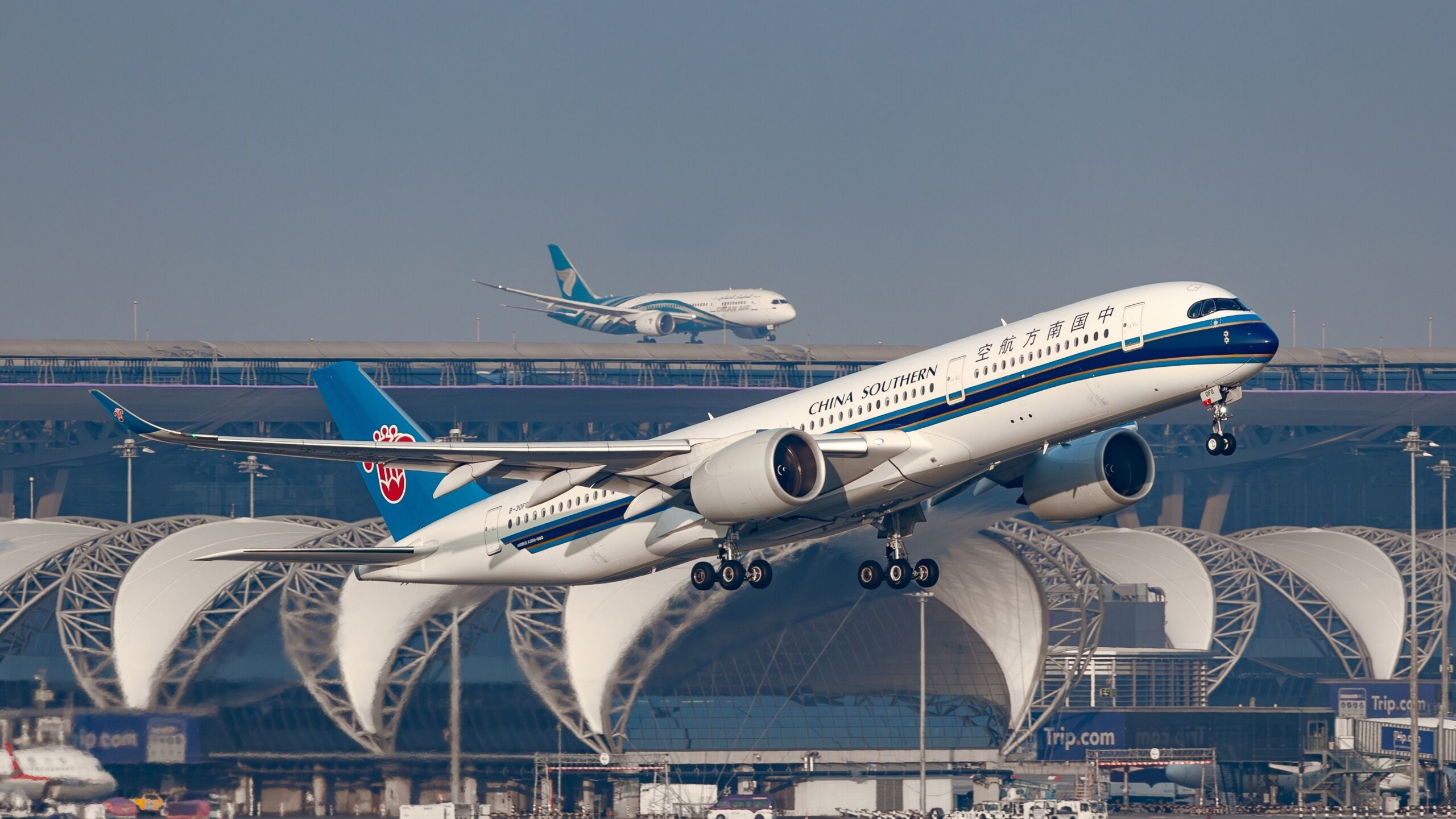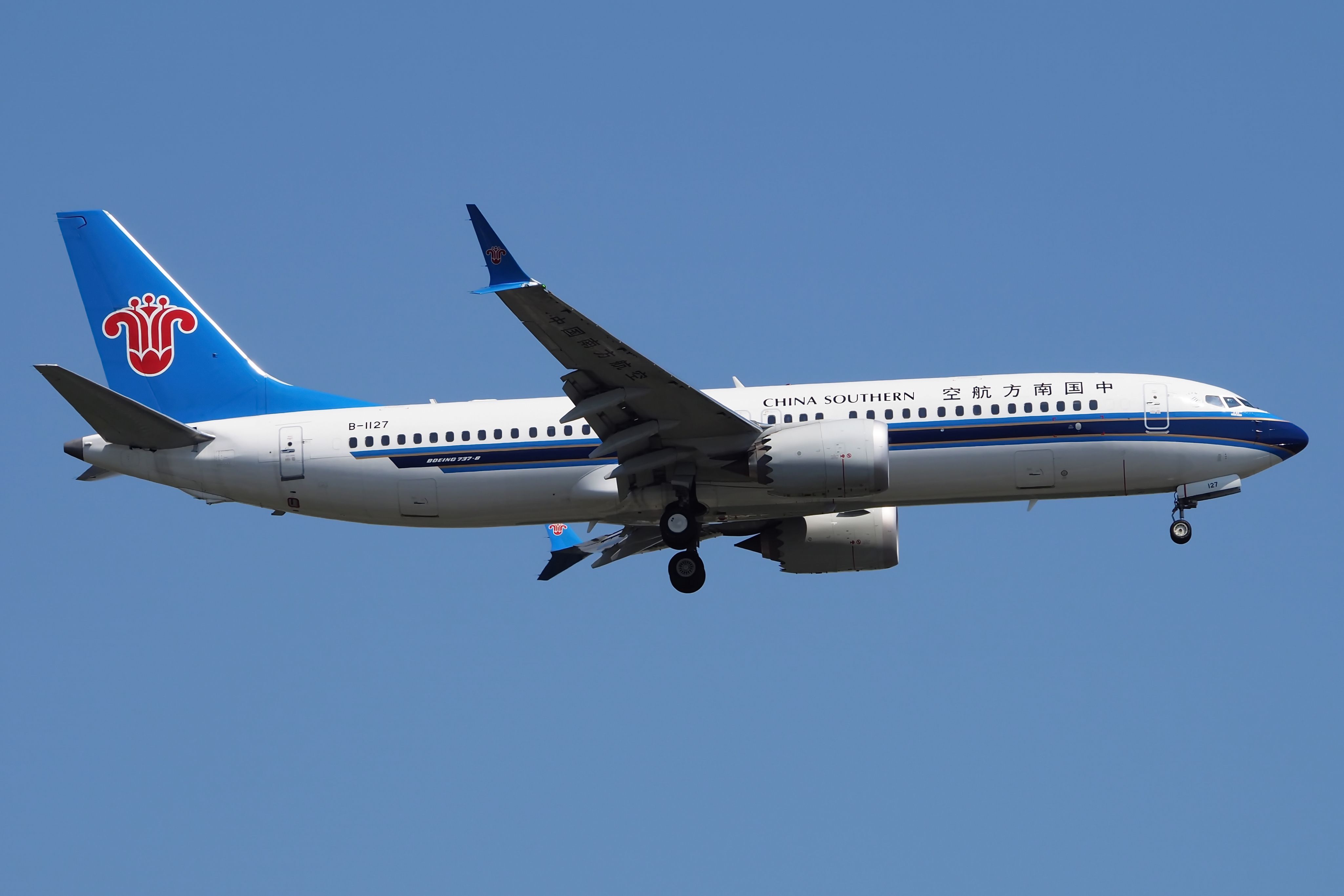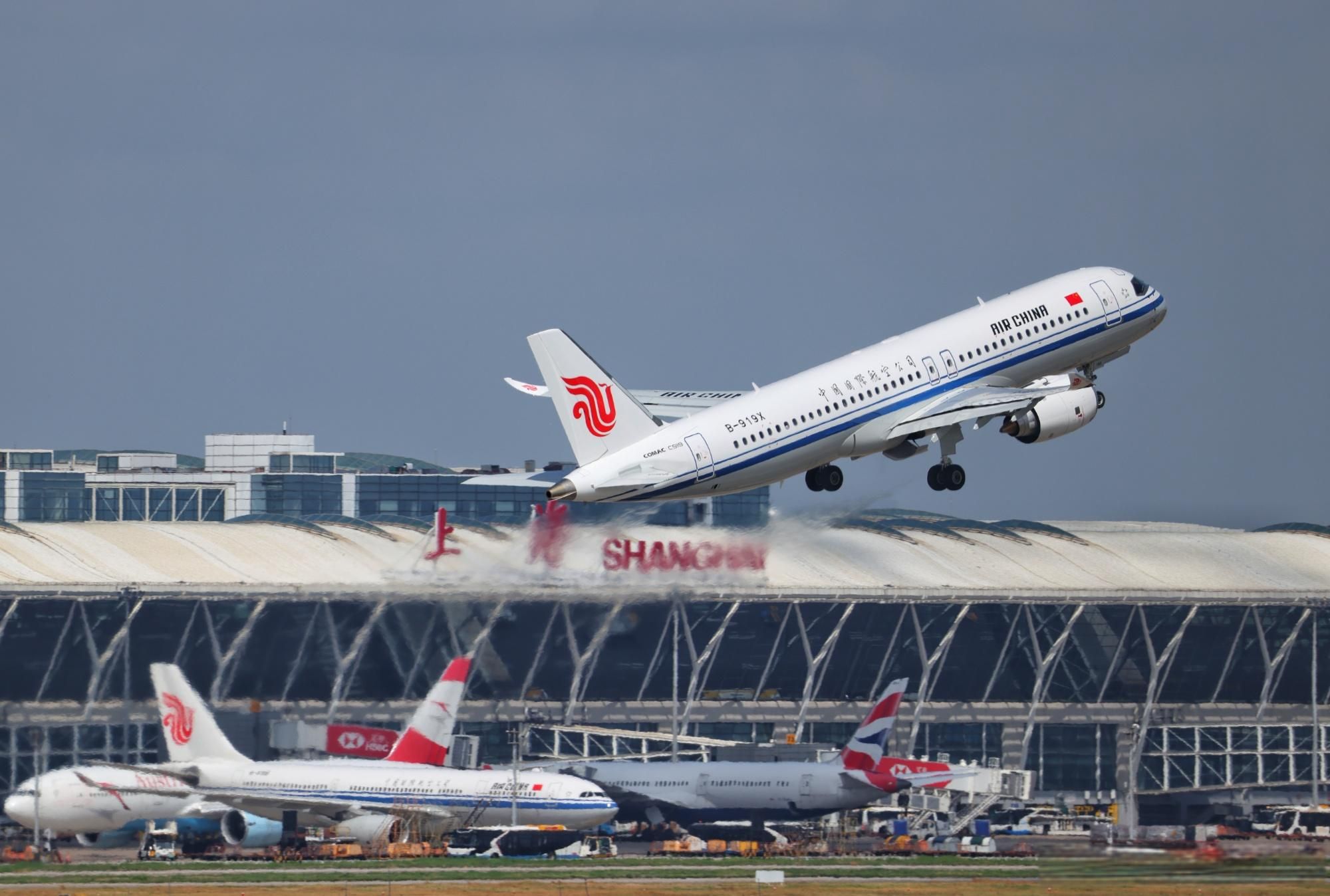The Civil Aviation Administration of China (CAAC) has advised Chinese airlines to reroute some of their flights and is looking into “hidden” hazards at airports in order to avoid potential safety threats, according to a report by Reuters.
The news follows a series of serious aviation incidents, including the fatal air disasters of Azerbaijan Airlines Embraer E190 and South Korea’s Jeju Air Boeing 737-800, killing a total of 217 people.
Avoiding the Russian airspace
The Chinese civil aviation regulator has advised Chinese airlines to reroute certain flights to avoid potential safety risks. Shu Mingjiang, a CAAC official, said at a regular press briefing, seen by Reuters, on January 3, 2025:
“The Civil Aviation Administration of China has been… in a timely manner warning airlines of safety risks to flights, and adjusting route plans to ensure safe operation.”
Photo: Suparat Chairatprasert | Shutterstock
Major Chinese carriers, such as the country’s national airline, Air China, and China Southern Airlines, have already adjusted their routes, steering clear of southern Russian airspace, according to a report by Caixin Global. This precaution follows the suspected downing of Azerbaijan Airlines flight J28243 by Russian air defense systems on December 25, 2024.
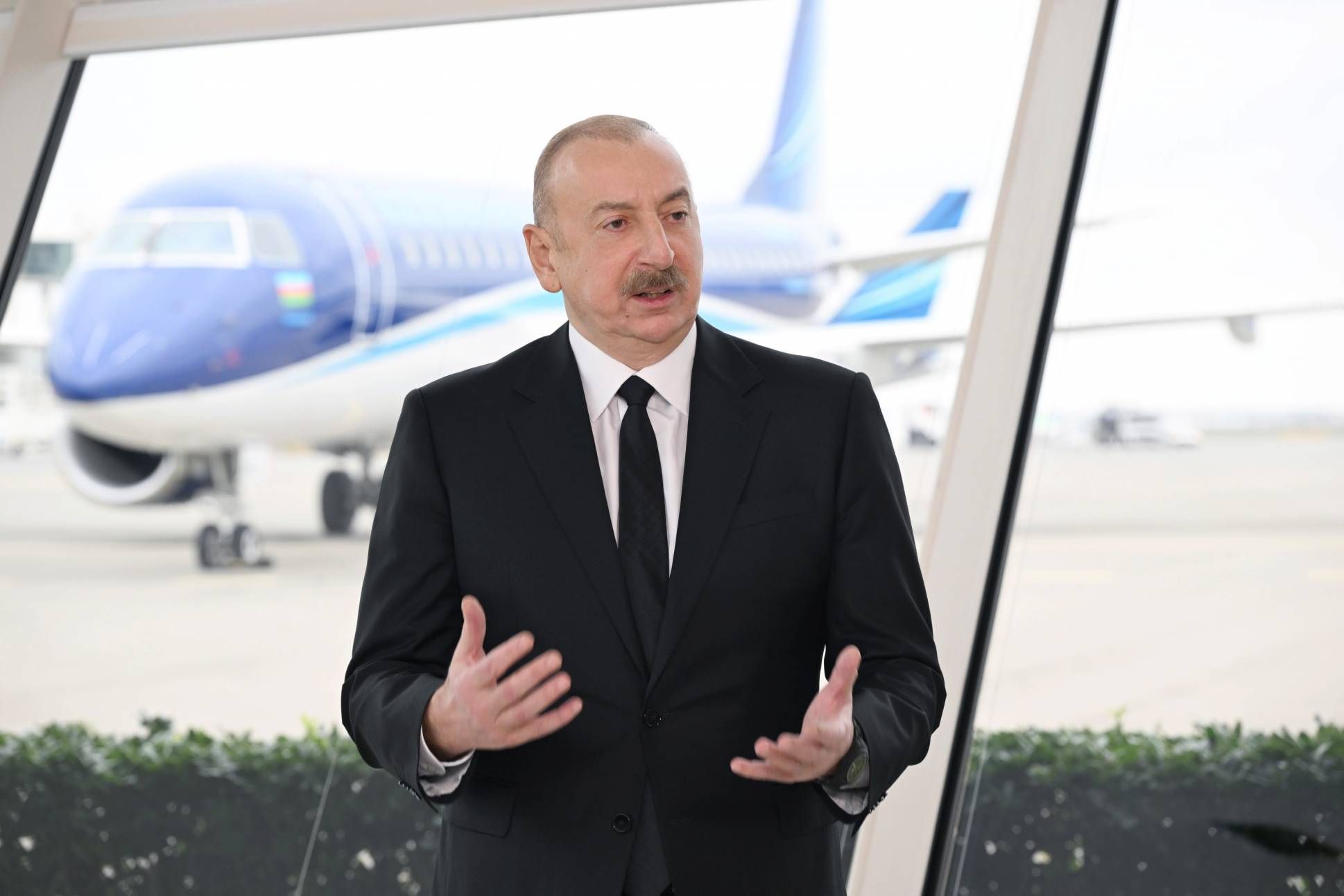
Related
Azerbaijan President Asks Russia To “Admit Guilt” For Flight J28243 Crash & Compensate Victims
The news comes after a fatal crash involving the carrier’s Embraer E190 aircraft near the city of Aktau in Kazakhstan, killing 38 people.
For instance, ![]() Air China
Air China
Boeing 737 MAX 8 flight CA781 between Urumqi Diwopu International Airport (URC) and Tbilisi International Airport (TBS), Georgia, used to fly via southern Russian airspace, according to Flightradar24.com data.
However, following the Azerbaijan Airlines
Embraer E190 fatal accident, the latest flight on January 1, 2025, altogether avoided the airspace of Russia’s south Dagestan region to reach Georgia, crossing Azerbaijan instead. Below, find Air China’s flights between URC and TBS on December 20, 2024, and January 1, 2025, respectively.
Striving to protect Chinese aircraft from bird strikes
Along with advising Chinese airlines to reroute certain flights, the CAAC has ordered a thorough inspection of airport runways across the country and emphasized implementing preventive measures to safeguard aircraft against bird strikes. During the press briefing, Shu stated that airports are also required to investigate potential “hidden dangers” to improve runway safety. He added that airports will step up efforts to deter birds in and around their facilities.
Photo: Air China
This direction comes after a deadly Jeju Air
Boeing 737-800 accident when the narrowbody, carrying 181 people onboard, crash-landed at Muan International Airport following a bird strike. After a belly landing, the 737-800 failed to stop, continuing to accelerate until it collided with the airport’s localizer—a 2-meter-high, 4-meter-thick structure housing Instrument Landing System (ILS) equipment located about 250 meters from the end of the runway.
Ordinarily, this localizer is designed to be frangible, meaning it will collapse easily upon impact to minimize damage to an overrunning aircraft. Authorities are investigating why this structure was built so close to the runway’s end and whether it complied with regulations. The area beyond the runway—known as the runway end safety area (RESA)—is required to be free of rigid structures, but Muan Airport’s localizer was made of concrete and supported by a thick embankment of dirt.
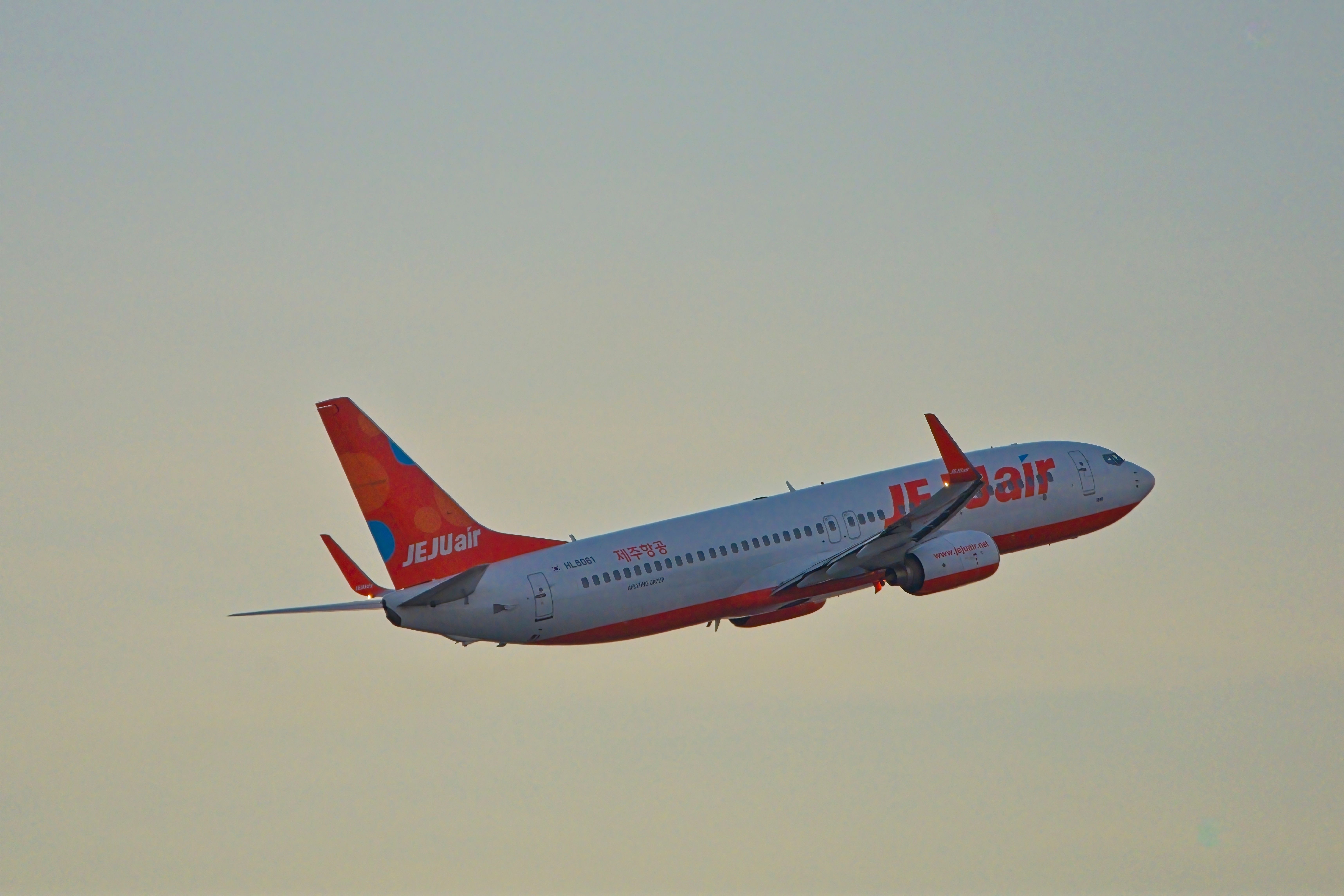
Related
Jeju Air Crash: Police Raid Muan Airport On Charges Of Professional Negligence
Raids were also conducted at Jeju’s Seoul offices and local aviation regulator offices.
The atmosphere that ensued in South Korea after the crash has been one of mourning and confusion, with several unanswered questions about what happened. Investigators are currently establishing a preliminary understanding of the situation and are studying bird strikes and the weather as possible leads to find out what went wrong.
Jeju Air’s leadership has bowed in apology at a press briefing. The CEO then walked up to the lectern and took “full responsibility” no matter the cause(s).
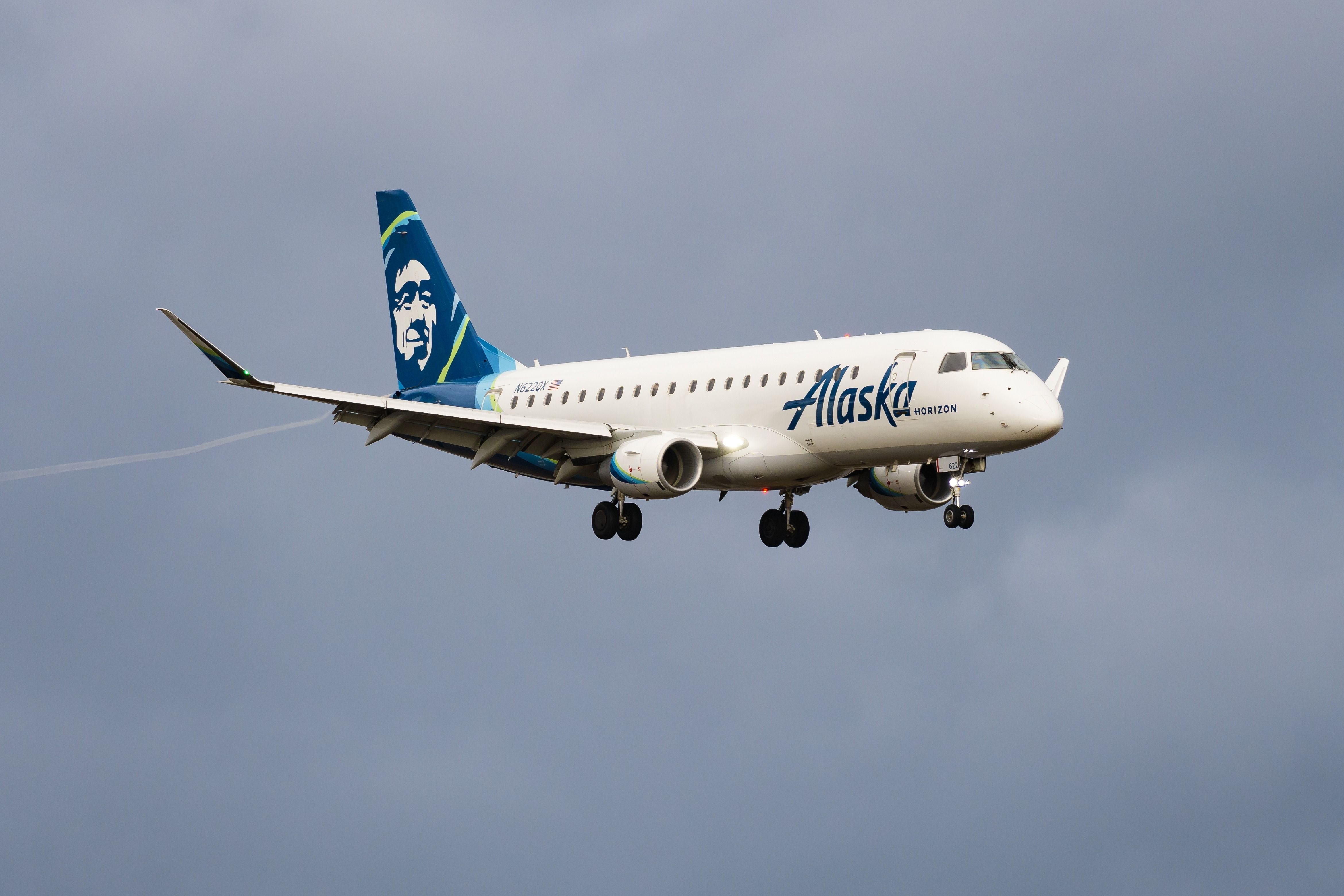
Related
Horizon Airlines Eagle Strike Forces Return To Anchorage: Are Bird Strike Risks Rising?
While there may be an increase in bird strikes, these rarely result in deadly aircraft crashes.

